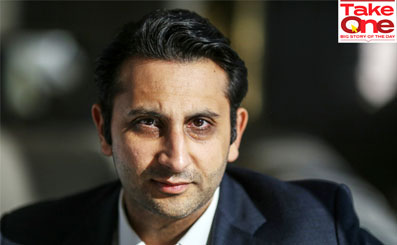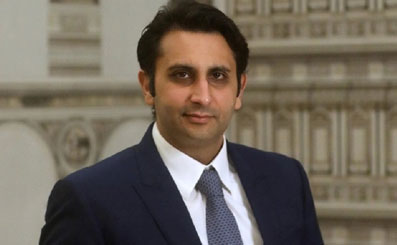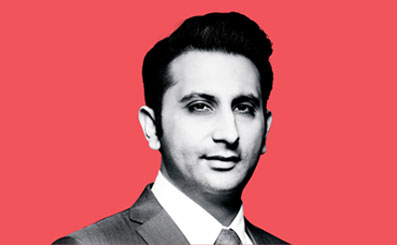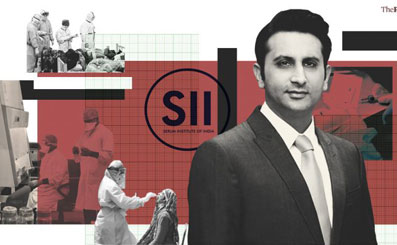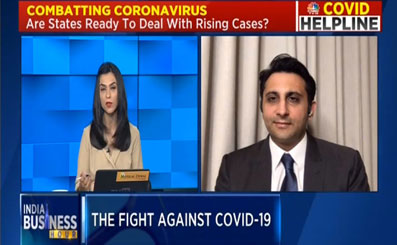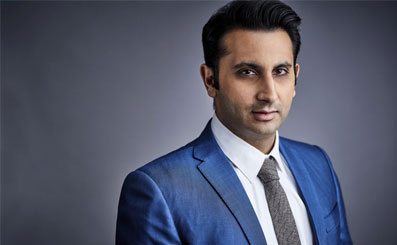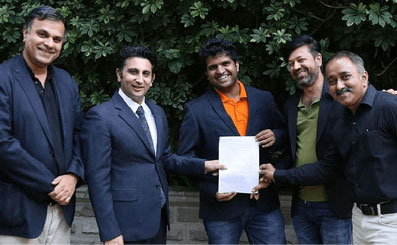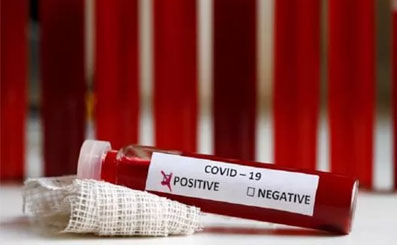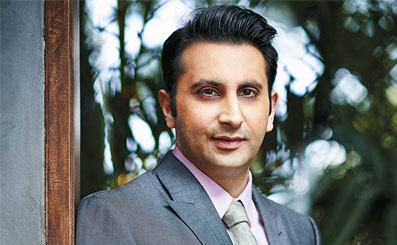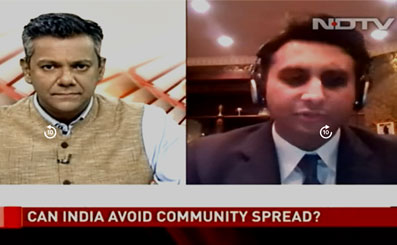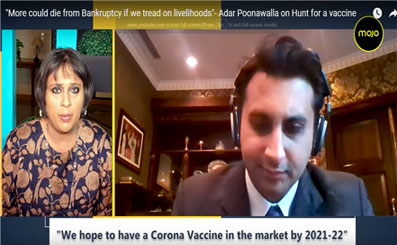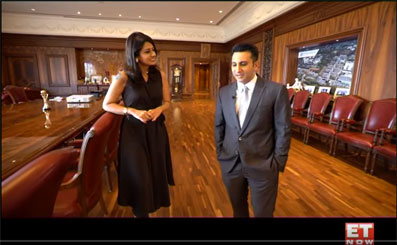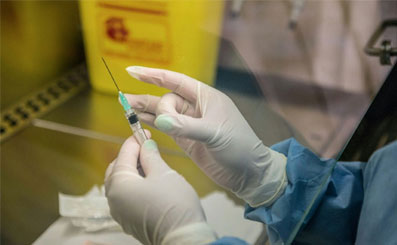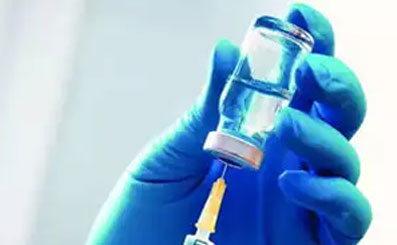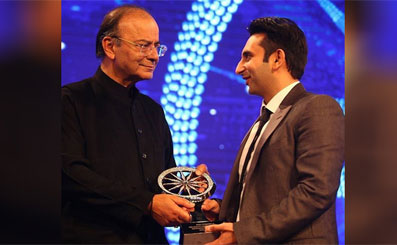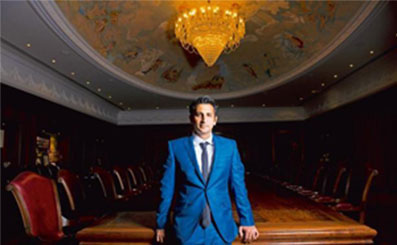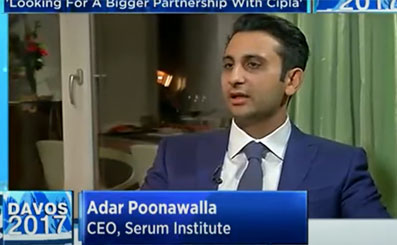Serum Institute on a way to develop new drug to tackle dengue.
Pune-based, Asia's largest vacine maker,Serum Institute is developing a biological therapy to treat all four strains of dengue virus. Serum would soon apply to the Ministry of Science and Technology for a fast-track approval to disseminate the drug in the country. The monoclonal antibody or the biologic treatment would be an injection that would cost between 5000 to 10000 rupees per dose. For this, Serum has collaborated with a US-based biotechnology company (Visterra) to use its technology with a hope to be able to bring the drug in the market in 12-18 months. This information was provided by the CEO of Serum Indtitute, Adar Poonawalla.
Poonawalla further added, "We are expecting the government to give a fast-track approval to the application. This is because dengue has become a public health crises by numerous cases cropping up. To prove ts safety and efficacy, we would be initiating clinical trials after getting the approval. If the trails bear positive results, Serum Institute could be the pioneer in offering a cure for the dangerous infection which till now has had probably the worst outbreak this year."
Serum Institute holds exclusive licenses to the treatment to be commercialized in India, Pakistan, Bangladesh, Nepal, Bhutan, Maldives, and Sri Lanka. The company has invested $5million and would give an additional $34 million based on the achievement of set milestone.
Apart from the filiong of the regulatory applpications, Serum Institute would also be held account for the clinical development and funding of the VIS513 monoclonal antibody in the Indian Subcontinent.
Poonawalla added, "The VIS513 had showed promising results according to the "animal mode" studies and has worked to neutralise the four strains of dengue virus. The US partner has already started with clinical trials abroad and Serum would import the clone of the drug and conduct trails here in India."
The company from Pune is also working on applying the vaccine as a preventive drug. The vaccine needs to be tested on a wide range of subjects which would take 3-4 years to develop.
Without any speciic treatment for dengue, half of the world's population is at a risk of contracting the virus. However, the fatality rates could be lowered provided proper medical care is given and early diagnosis is made.

